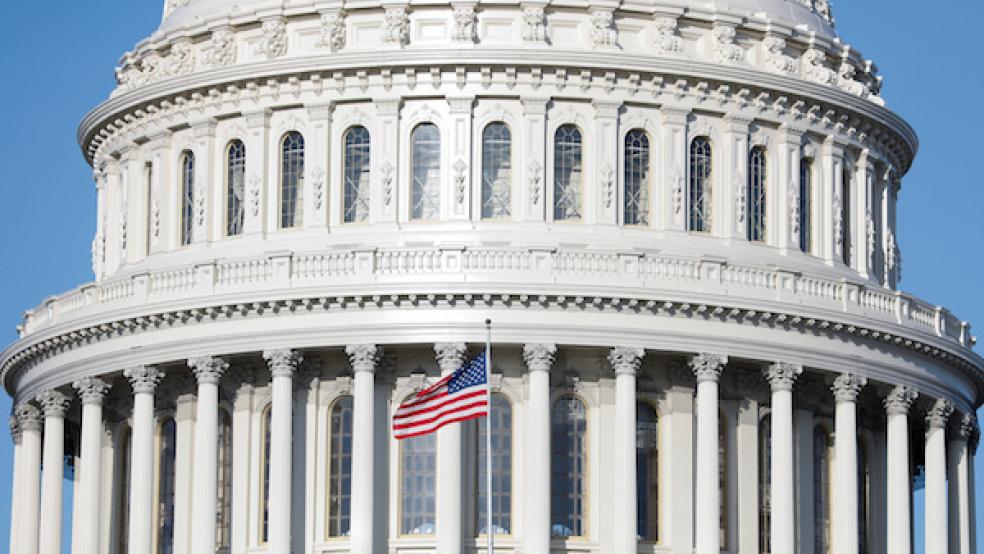Opinions in Washington about how best to boost an economy nosediving into recession as a result of the coronavirus pandemic have quickly coalesced around the idea of sending cash directly to Americans.
Politico’s Michael Grunwald detailed how that one idea suddenly garnered bipartisan support in a town otherwise riven by partisanship:
“In just the past two days, the idea that the federal government should simply give people money to help them through the coronavirus pandemic has been endorsed across the political spectrum—by Democratic senators like Sherrod Brown and Michael Bennet, Republican senators like Mitt Romney and Tom Cotton, just about every economist who worked for President Barack Obama, and finally, this afternoon, by President Donald Trump. …
“At a time when Washington is bitterly polarized over almost everything—including other stimulus proposals that would target beleaguered industries or low-income workers—airlifting cash into American households is one of those rare concepts that almost every politician can embrace, even though it smacks of the big government liberalism that Republicans mock, even though every dollar gets added to the deficit.”
The biggest surprise may be the extent to which congressional Republicans have embraced the idea and backed the industry-specific bailouts that are also part of the Trump administration’s $1 trillion stimulus proposal.
“Such a massive rescue package would seem to mean an agonizing vote for the GOP — the last major bailout in 2008 helped launch the conservative tea party movement and many senior lawmakers still boast about their opposition to it,” Politico’s Melanie Zanona and Marianne Levine write. “But Republicans say the coronavirus is an entirely different animal: the hospitality and airline industries didn’t cause the global pandemic.”
Zanona and Levine note that some conservative groups — including those backed by billionaire Charles Koch — are urging Congress to limit the scope of any bailouts and reject any more expansive measures directing aid to specific industries. “There are still a number of fiscal hawks and conservative hard-liners who have pushed back against deficit-busting bills — and they are certain to raise concerns during the coming debate,” Politico’s team writes.
But concerns about the cost of a stimulus package and ballooning a deficit that was already expected to top $1 trillion this year have largely been limited to the far corners of the GOP, drowned out elsewhere by the need to act quickly to rescue the economy — and perhaps the November election prospects that may depend on it.
As Grunwald says:
“The one argument that isn’t being made against giving people money in the Trump era is the argument that Republicans made relentlessly against stimulus handouts in the Obama era: They will increase the budget deficit. Deficits have exploded to over $1 trillion under Trump despite a strong economy, and are now poised to soar well over $2 trillion. But the Republican Party that mocked Keynesian economics in 2009 is now eager to pour tax dollars into the faltering economy—perhaps accompanied by a Publishers Clearinghouse-style letter from Donald J. Trump—and worry about the fiscal consequences later.”





